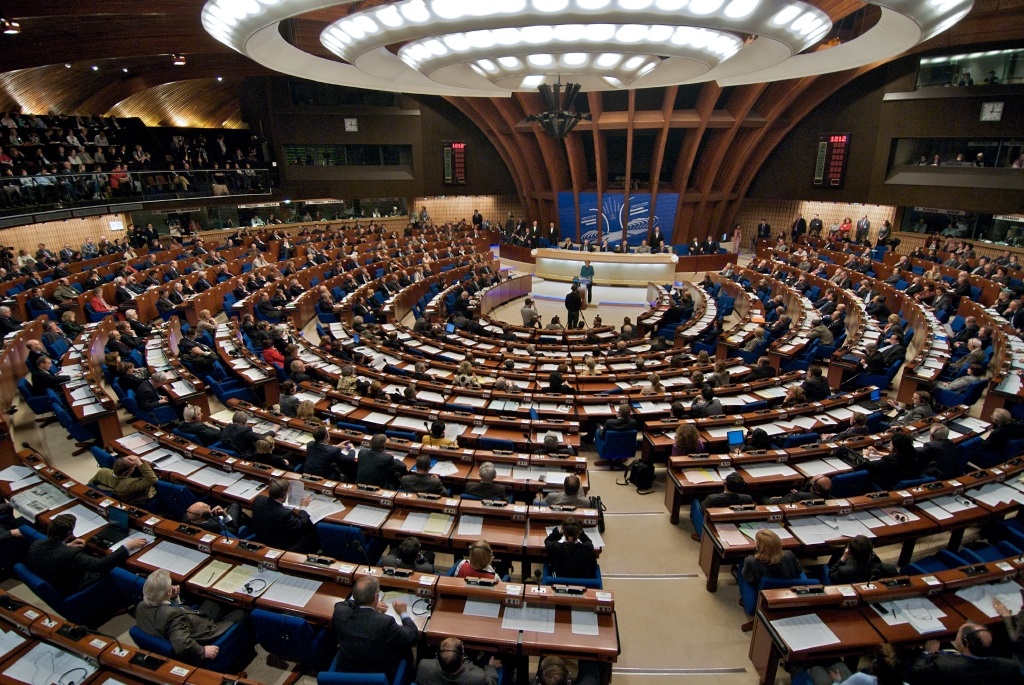Situation in the Council of Europe
On the 15th of March the Committee on Social Affairs of the Council of Europe will vote on a report that intends to promote altruistic surrogacy as a way to limit human rights breaches associated with surrogacy practices in the European Continent.
In the past few years, surrogacy scandals in the developing world have made heading lines around the globe. These scandals illustrated the violations of the human dignity and the rights of women and children. A good example of this was the case of Baby Gammy, born via surrogacy to a Thailandese women that was abandoned by his Australian intended parents because he has Down Syndrome while they took his twin sister to home.
This very controversial practices which harms the basic human rights of the surrogate mother who is valued only for her reproductive system and the child who is treated like a commodity, is growing in Europe, even though not many European countries allow it.
In Answer to the growing number of cases of babies born through surrogacy in Europe, the Council of Europe started last autumn to work on a report on the ‘Ethical and human rights issues related to surrogacy’. This report is going to be discussed and voted on the 15 of March in the Committee of Social Affairs of the Council of Europe.
The Rapporteur (person in charge) of this report, Ms Petra de Suter, was appointed on this purpose but we believe that she has failed on this mission as she recommends in her report altruistic surrogacy as a way of avoiding the worst threats to human rights.
What is altruistic surrogacy
Altruistic surrogacy, or « ethical surrogacy » as it is sometimes called, claims to be in opposition to commercial or « for profit » surrogacy. The principle is that in altruistic surrogacy the surrogate mother receives no salary. However the lawyers and doctors will still be paid, often lucrative fees accounting for approximately two thirds of all money spent on surrogacy. This means that « altruistic surrogacy » is almost 1/3 « altruistic » but 2/3 for profit[i].
On addition to that, while altruistic surrogate mothers do not receive a salary, they do receive compensation for their services, and in some cases some « gifts » (nature or cash) to thank them for their altruistic actions. If we take into account « reasonable compensation » and gifts, it’s clear that the difference is largely whether the compensation is taxed.
Altruistic surrogacy as practised is very close to commercial surrogacy as shown here. The effects of legalization of « ethical surrogacy » under these circumstances would hardly be altruistic. In fact, the effect of such laws is to craft a surrogacy-friendly legal framework. This in term will facilitate efforts by foreign surrogacy companies to sell their « products » – women and children. Surrogacy tourism to India and the United States is already on the rise.
This is not just fear mongering. In the UK, after the legalisation of altruistic surrogacy, the babies born by international commercial surrogacy has grown by 200% in recent years[ii].
World Youth Alliance is very concerned by the practice of commercial surrogacy as a clear breach of basic human rights recognised in several International treaties. While altruistic surrogacy, seems more acceptable, is very similar in practice to commercial surrogacy. It is not an appropriate middle ground to violate human dignity and rights for slightly less money. Therefore we urge the Council of Europe to vote against any recommendation to allow surrogacy in any form.
———
[i] For explanation on surrogacy prices see: https://www.conceiveabilities.com/parents/surrogacy-cost
[ii] see: http://www.independent.co.uk/news/uk/home-news/revealed-surrogate-births-hit-record-high-as-couples-flock-abroad-9162834.html








